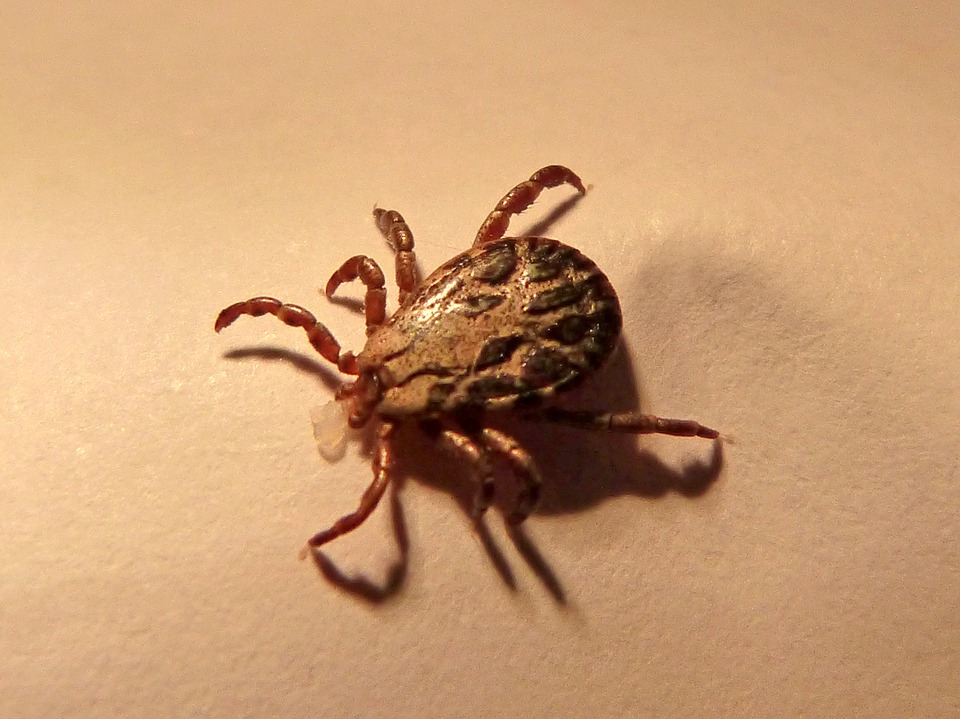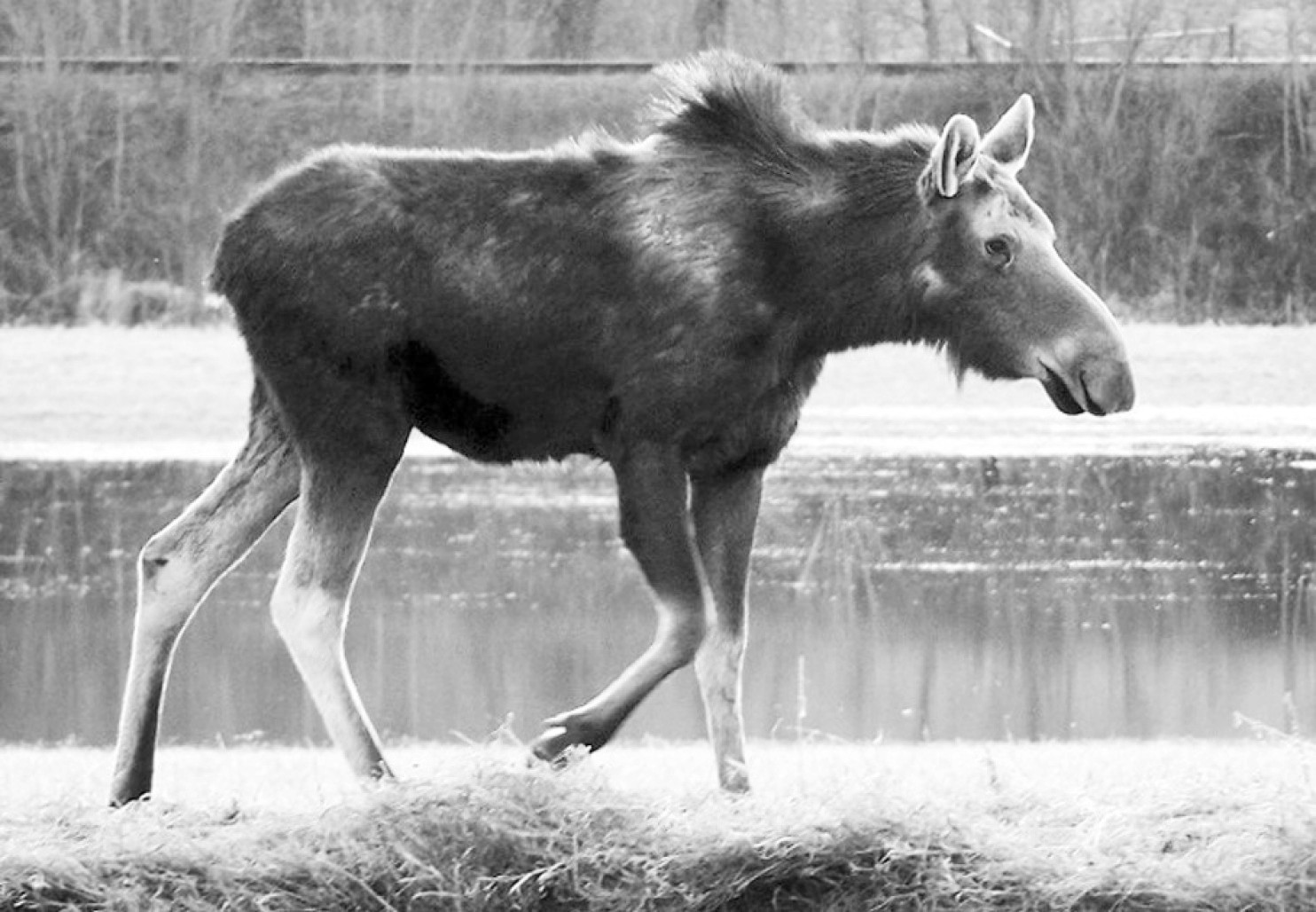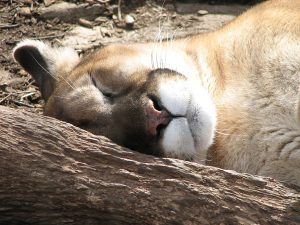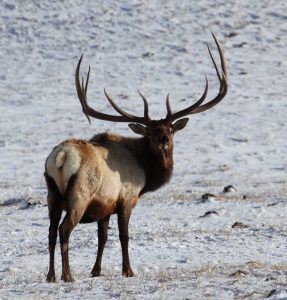What is usually a celebratory event, especially for those successful applicants, was over-shadowed by corresponding bad news for New Hampshire hunters last week. Friday marked the announcement of the state’s annual moose hunt lottery, which unfortunately, only named 71 successful applicants, marking the lowest number of awarded licenses in three decades.
Uncommonly warm winters paired with winter ticks have proven to be a deadly formula for New Hampshire’s moose populations which have dipped to an estimated 4,000 animals.
University of New Hampshire graduate student Dan Ellingwood reported that a whopping 80.5 percent of moose calves died in their first year in a presentation earlier this week.
“We don’t believe moose are anywhere near disappearing from the landscape. If we have long and tough enough winters that could knock ticks down and stabilize the moose population,” Ellingwood said, according to press reports. “The most likely scenario is the population will stabilize at a lower density.”

With regular cold weather conditions in the winter months, female ticks that leap from moose to lay eggs are often met with heavy snow and freezing temperatures that immediately kill both the female tick and her eggs. Warming temperatures in the north east are aiding the survival of tick eggs, which can amount up to 3,000 eggs per female.
As ticks latches on to moose, who do not have the ability to groom themselves as well as whitetail deer do, the animals become stressed from the hundreds of thousands of tiny bites. Eventually the moose lose a great deal of their fur and are even unable to eat, rendering them defenseless against the elements.
Population estimates in New Hampshire now closely mirror population levels from 1989 when the New Hampshire moose hunt was reinstated.
H/T: Concord Monitor
Image: Vermont Fish and Wildlife Department




